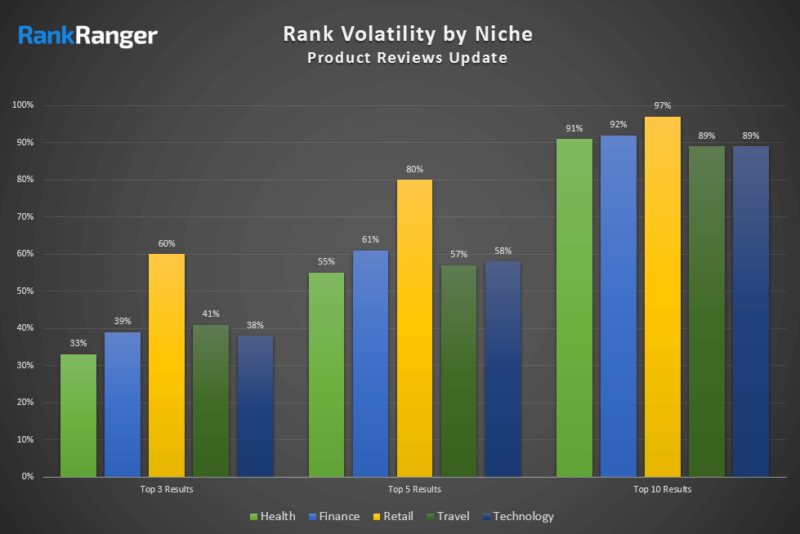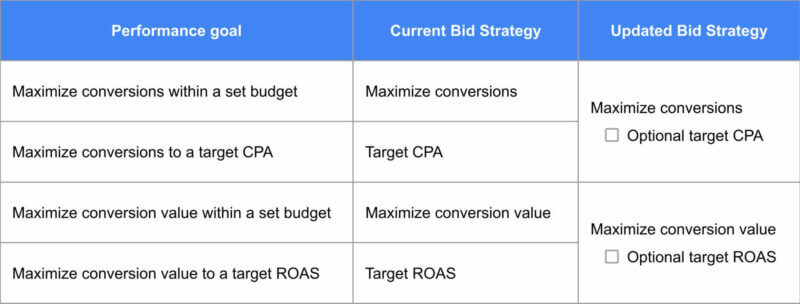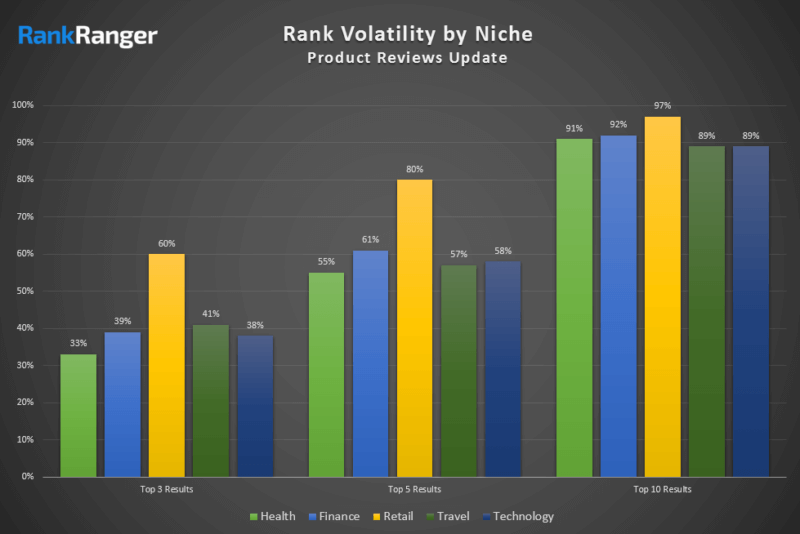Search Engine Land’s daily brief features daily insights, news, tips, and essential bits of wisdom for today’s search marketer. If you would like to read this before the rest of the internet does, sign up here to get it delivered to your inbox daily.
Good morning, Marketers, “is this new?”
That’s the question my colleague Barry Schwartz is known for answering on Twitter, and it’s important to be aware of SERP feature updates, but the freshness of a search engine experiment is secondary to how it may affect our business or our clients’ businesses.
Naturally, figuring out how a change in the SERP’s layout or a new type of rich result, for example, might affect our visibility is much more difficult to unpack, but that’s why we get paid to do what we do. Search engines have gotten better at communicating substantive changes, so don’t worry if you don’t have time to research every new experiment Google, Bing or another search engine conducts — just focus on researching changes that impact the sector you’re in. The benefit of this approach is that you can wait on industry coverage (ideally from your team over here at Search Engine Land) to provide a digest of the most important points.
Of course, there’s something of a thrill to be had in being the first to see a new feature or being able to trigger it yourself, and I get that, too — after all, somebody’s gotta be first to start the conversation. Perhaps you’ll find something to talk about below, so keep on scrolling for the news.
George Nguyen,
Editor
Was the Google product reviews update big?

We asked RankRanger, Searchmetrics, Semrush, SEOClarity and SISTRIX to sum up the Google product reviews update that launched over a week ago. It seems like it was big — but not as big as a typical Google core update.
Of course, those impacted may have seen huge gains or losses and, for any individual site, those changes can be a big deal. But overall, this was a smaller one, likely because of the niche focus of this update (i.e., targeting only product review content). We also shared some of the community chatter regarding this product review ranking changes and more.
Target CPA and Target ROAS will be bundled with other Google Smart Bidding strategies

The Target CPA (tCPA) and Target ROAS (tROAS) Smart Bidding strategies will soon be appearing as optional fields under the Maximize Conversions and Maximize Conversion Value bid strategies, respectively, Google announced Tuesday. This was “soft announced” via the Google Ads Developer Blog back in February, but many PPC professionals interpreted it as Google deprecating the tCPA and tROAS bid strategies.
That’s not the case: tCPA and tROAS will remain available, but beginning later this year, advertisers will only be able to see those settings as optional fields bundled with the above-mentioned Maximize Conversions and Maximize Conversion Value strategies. When this update occurs, Google will notify advertisers in advance before automatically switching their current tCPA and tROAS strategies to the new fields. While this change is really a surface-level tweak to Google Ads’ interface, being unaware of it may lead advertisers to think that the tCPA and tROAS strategies are no longer available or function differently than they’re used to.
Business execs craving social data, The Harris Poll finds
A new survey conducted by The Harris Poll, and commissioned by social media listening platform Sprout Social, gives an idea of the extent to which social media is cementing its place at the center of marketing strategies and consumer engagement. Marketers realize the stakes by how high they rank social media and data within their priorities, and the data on consumer behavior and attitude shows why. Here are some of the most significant data points from the survey:
- 85% of executives report that social data will be a primary source of business intelligence for their company moving forward;
- 91% of executives anticipate their company’s social media marketing budget will increase over the next three years, and the majority expect it will increase by more than 50%;
- 78% of consumers are more willing to buy from a brand and 77% will choose a brand over a competitor after a positive experience with a brand on social media;
- Social media is the #1 preferred way for consumers to learn about brands — even ahead of TV, email and print advertising;
- The majority of Americans (54%) increased their use of social media over the past year, with Gen Z (65%) and Millennials (63%) driving the greatest surge in usage and
- 62% of consumers believe businesses that don’t have a strong social presence will not succeed in the long run, yet fewer than half of executives describe their current social media strategy as “very effective.”
Why we care. This isn’t just about competitive posturing and building awareness on social media platforms (or putting out public relations-related fires). Instead, to leverage the increase in consumers’ time and attention on social, brands will have to use social listening and other tools to build predictive models, especially for new customers not included in the brand’s first-party data stores. The most important stat on consumer behavior from this survey is that consumers find social media presence as the number one source of information about a brand, and a top indicator of brand success. How does this factor affect a brand’s search strategy?
Health insurance advertisers in the U.S. now required to pass Google Ads certification
Health insurance providers hoping to advertise on Google Ads will have until June 2, 2021 to complete the platform’s certification and provide proof that they are permitted under state law to sell health insurance. The certification is another effort by Google Ads to ensure trustworthiness of advertisers in the healthcare and government services space.
“When people come to Google with questions about healthcare coverage and insurance plans, we are committed to creating a high-quality ad experience – one where they’re connected to trustworthy providers, and the promotion is clear from the ad itself. This new certification creates an additional layer of protection on top of our longstanding misrepresentation policies, which prohibit advertisements with misleading claims about insurance plans or the advertiser’s affiliation with the government,” said Terri Ozoroski-Ghen, director, monetized policy, trust & safety at Google.
Why we care. If you work in the healthcare advertising space, this is something to ensure your clients and business are in compliance with. Advertisers can begin to apply for certification on May 3, 2021. And if the certification is not complete by June 2, 2021, the search marketers’ health insurance advertisements will no longer be served.
Bite-sized distractions that *hopefully* won’t send you down a rabbit hole
Regex — I say it “rej-ex”. Don’t @ me. Apparently, I’m wrong, at least according to Google’s pronunciation. Marie Haynes has a poll, it’s going to end around about 2pm ET today so weigh in before then to see if you’re part of the majority or just go check out the results. I’m not changing the way I say it though, feel free to giggle at me the next time I present.
A helicopter on Mars. People really like Google’s Easter eggs, and there’s a new one to celebrate the first successful flight on the red planet.
The Marketoonist does it again. This one hits close to home. I’m thinking about buying a print and having it framed but I’m not sure I want to make this period of transition in the PPC industry a part of my home decor.
The post The Google product reviews update was big, just not big for everyone; Wednesday’s daily brief appeared first on Search Engine Land.
Source: IAB

